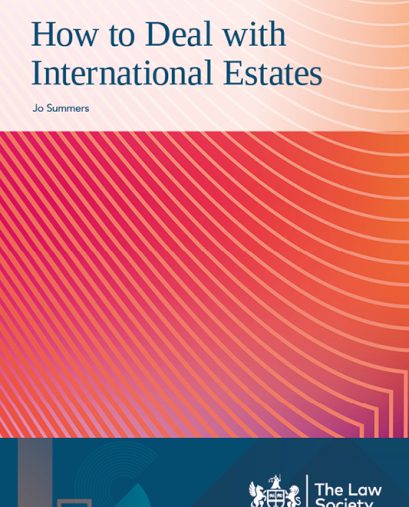UK AI White Paper and consultation in the global context

The UK Government issued an AI White Paper to promote responsible innovation and maintain public trust in the technology. It focuses on core principles for use of AI, including safety, security, robustness, transparency, explainability, fairness, accountability and contestability.
The Government plans to empower existing regulators to devise approaches to address the use of AI in their areas, rather than to establish a specific AI regulator. https://www.gov.uk/government/news/uk-unveils-world-leading-approach-to-innovation-in-first-artificial-intelligence-white-paper-to-turbocharge-growth. It also launched a consultation seeking views on the proposals set out in the White Paper. The sectoral approach is a divergence from the EU’s all-purpose AI Act.
A number of different approaches to the governance of the on-line worlds are now vying for global dominance. Kieron O’Hara and Wendy Hall identify four. https://www.cigionline.org/publications/four-internets-geopolitics-digital-governance/
- The original Silicon Valley vision of an “Open Internet”
- The Brussels Bourgeois Internet: governed by bureaucratic regulation, e.g. GDPR
- The DC Commercial Internet: based on US Supreme Court Decisions, e.g. on IPR
- The Beijing Paternal Internet: using the powers of surveillance for social good
They also refer to the Moscow “spoiler model” and to India as a Swing State.
The UK debate over the On Line Safety Bill can be seen as a struggle between the Beijing Model (adopted by almost all non-OECD states) and the other three.
When it comes to AI, the UK proposals appear to reject the Brussels approach (which would lead to a new over-arching AI regulator), in favour of a compromise between the original “Open internet” approach (light, or no, touch) and the evolving US Commercial approach, with existing sectoral regulators extending their reach to cover the use of AI in the products and services they regulate. Meanwhile Beijing has been outspending the rest of the world in AI R&D and appears to dominate the market for all save English language based AI applications.
In his recent landmark speech to the Chinese Communist Party President XI referred to using Hong Kong as a sandbox for innovation and to the use of Common Law for international trade and commercial issues because it was too difficult to get agreement between regulators.
If the UK really does want to take a global lead on AI regulation, it needs to focus on becoming an attractive location for arbitrage between the competing visions, with the City of London hosting the processes for holding to account those whose actions have caused cross-border harm – whether or not they followed the regulatory rules of their own jurisdiction.
With thanks to Philip Virgo WCIT
If you have any issues of concerns regarding the use or application of AI please contact Robert Marcus or any of the Jurit Technology team
Robert Marcus Partner - Commercial +44 (0) 20 7846 2370 robert.marcus@jurit.comPlease note this paper is intended to provide general information and knowledge about legal developments and topics which may be of interest to readers. It is not a comprehensive analysis of law nor does it provide specific legal advice. Advice on the specific circumstances of a matter should be sought.











